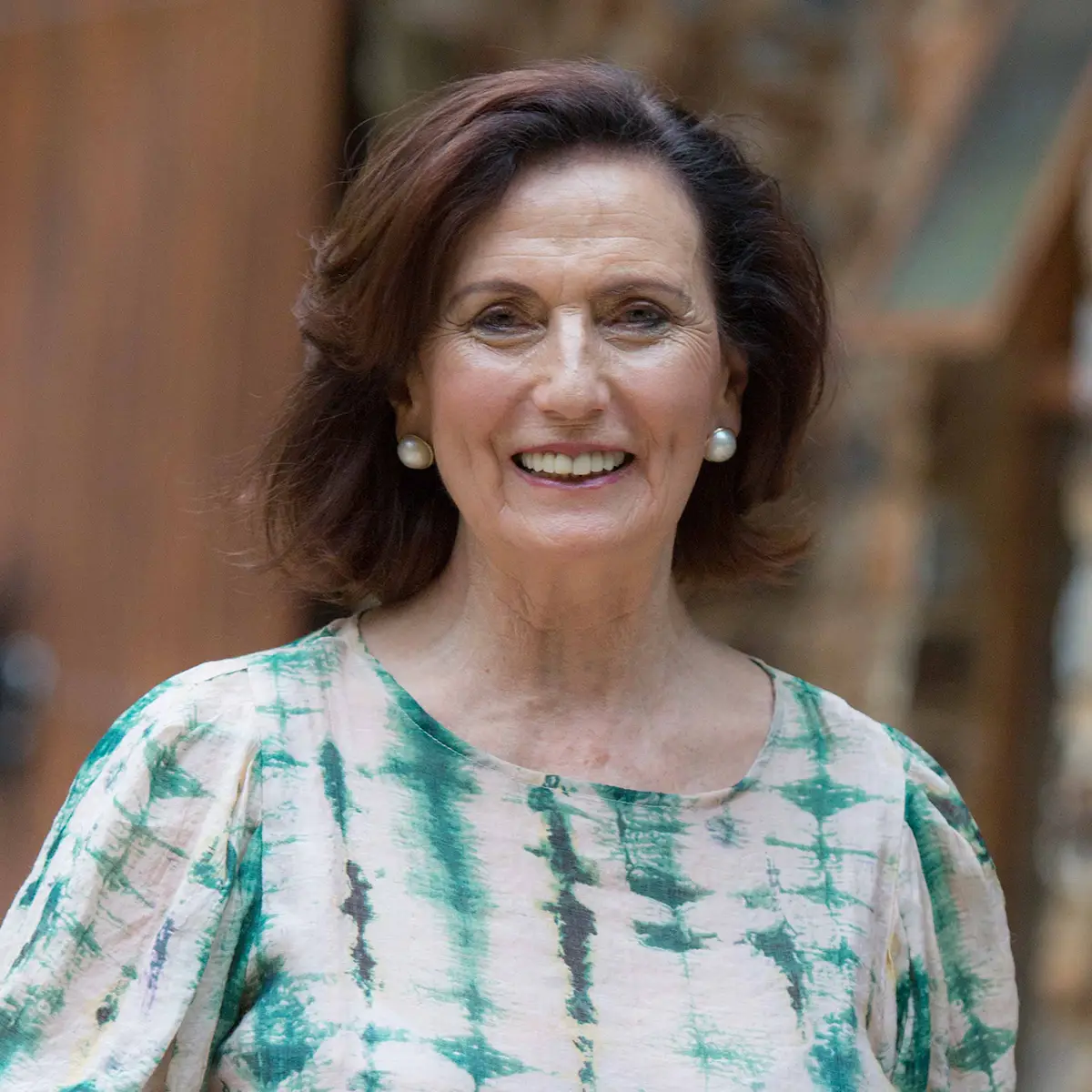In South Africa, we often hear the word resilience tossed around—whether it’s in response to rising challenges at work, family pressures, or the unpredictability of daily life. But what resilience means goes far deeper than a simple ability to “cope.” It’s about something built into us, especially in this country where so many carry heavy loads but keep moving forward.
In Afrikaans, we have a beautiful word: veerkragtigheid. It literally speaks to the ability to spring back—like a reed that bends in the wind but never breaks. It’s the quiet strength you might not even realise you have.
Where Does Resilience Come From?
Resilience isn’t something you either have or don’t have. It’s more like a muscle — shaped by many factors and always capable of growing stronger. It grows from:
- Early life experiences: A safe, loving childhood creates a strong emotional foundation.
- Community support: Whether it’s family, friends, or faith, feeling connected makes us more able to withstand hardship.
- Access to resources: A stable home, healthcare, and education play an important role.
- Personal choices: Learning healthy coping skills, setting boundaries, and seeking help are all ways to build resilience—regardless of your background.
What Resilience Looks Like in Everyday Life
It’s easy to believe that resilient people are simply tougher or more determined. But often, they’re the ones who:
✔ Ask for help when needed.
✔ Find ways to care for their physical and emotional well-being.
✔ Set realistic goals instead of pushing themselves to the breaking point.
✔ Understand that even strong people stumble—but they don’t stay down.
Maybe today, resilience for you looks like getting out of bed even though the world feels heavy. Maybe it looks like sending out another job application, despite rejection. Or maybe, it’s sitting with uncomfortable feelings instead of numbing them.
Building Your Veerkragtigheid Step by Step
Here’s something I often remind my clients: Resilience is like a muscle—you can strengthen it with small, consistent actions.
Here are a few ways to start:
- Connect with people who listen without judgment. Whether it’s a trusted friend or a therapist, connection is key.
- Prioritise sleep, food, and movement. Your body and mind are linked; looking after one supports the other.
- Notice unhelpful thinking patterns. Are you being overly harsh on yourself? Would you speak to a loved one the way you speak to yourself?
- Focus on what you can control. In South Africa, there are many external factors outside of your control. But you can still choose how you respond.
A Final Thought: You Are Already More Resilient Than You Realise
If you’re reading this, you’ve likely already weathered more than you give yourself credit for. What resilience means isn’t about never struggling—it’s about how you rise again, even if slowly.
If you’d like support to strengthen your veerkragtigheid, I’d love to walk alongside you. I offer both in-person sessions at my Centurion office and Zoom sessions for your convenience. And if you’d like a gentle tool to help you reflect and set your therapy goals, don’t forget—you can request a free copy of my Therapy Journal by emailing us.




